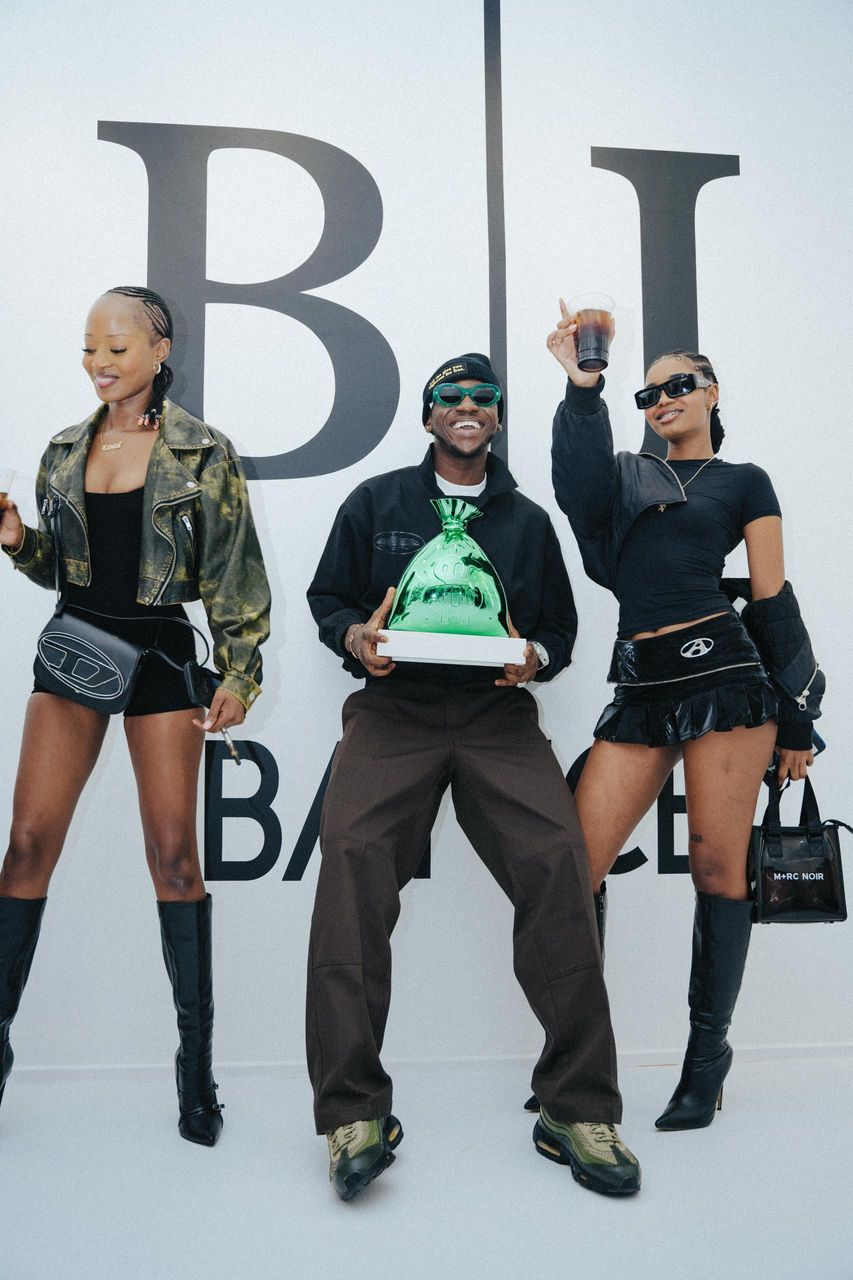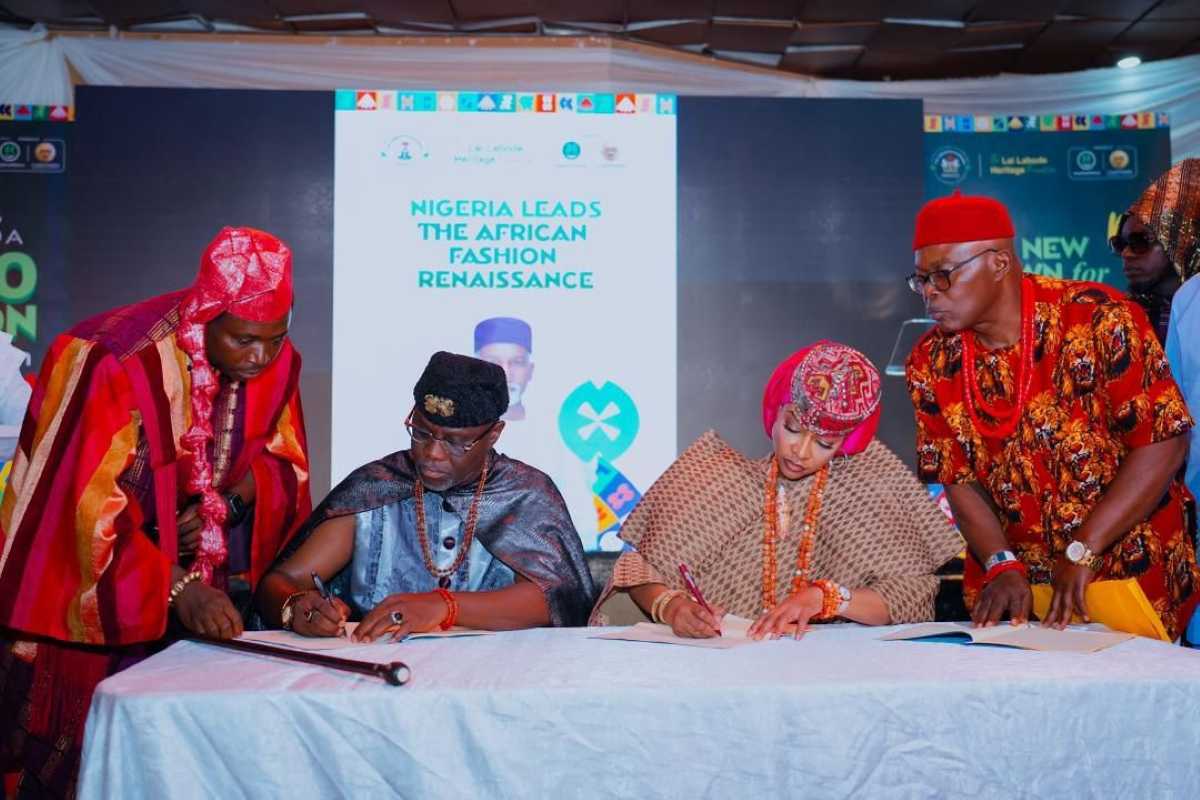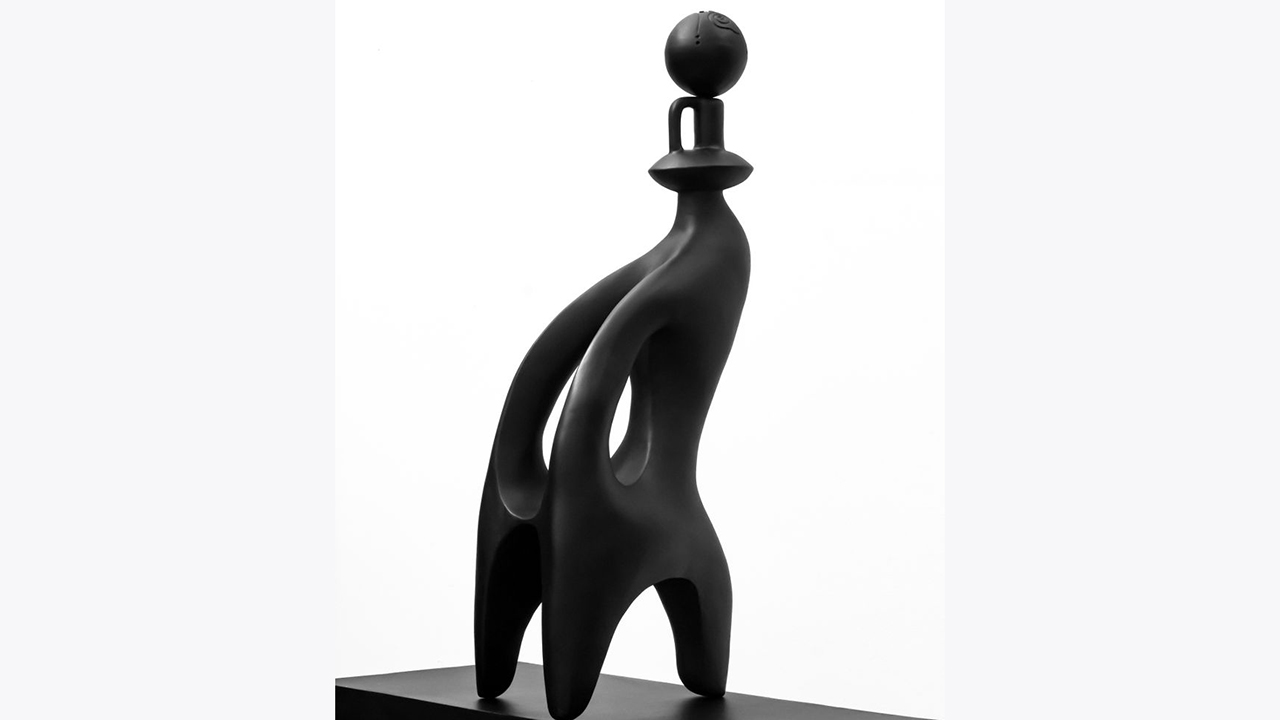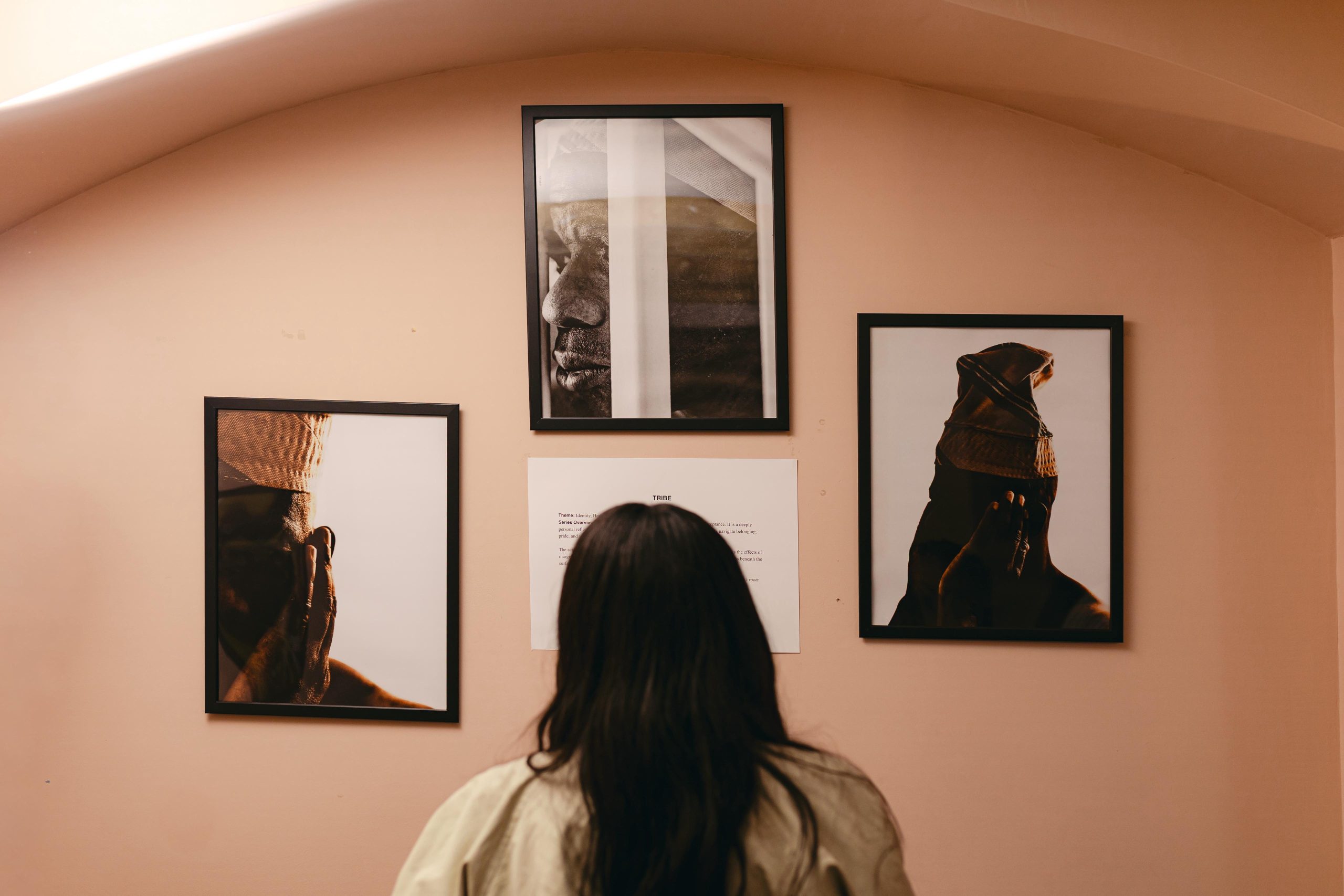 Sneaker culture in Africa has grown from a niche passion to a powerful movement that influences streetwear, music, and identity. For photographer and cultural storyteller, Bolarinwa Yusuf Olasunkanmi, better known as HorlarofLagos, capturing this evolution is more than just a profession—it’s a mission.
Sneaker culture in Africa has grown from a niche passion to a powerful movement that influences streetwear, music, and identity. For photographer and cultural storyteller, Bolarinwa Yusuf Olasunkanmi, better known as HorlarofLagos, capturing this evolution is more than just a profession—it’s a mission.
“I’ve seen how sneakers have transformed from just being footwear to a statement of identity, culture, and ambition in Africa. We’re no longer just consumers of global sneaker trends; we are trendsetters,”he said.
His recent collaboration with Nike and Converse, in partnership with LayerX, proved that Africa is ready for the global sneaker stage. He said: “This wasn’t just a regular sneaker release. It was an exclusive drop, and the demand was insane. The Nike pairs were limited to 150, and they sold out instantly. Converse? Over 400 pairs were gone in no time. If this doesn’t tell global brands that Africa is serious about sneakers, I don’t know what will.”
For HorlarofLagos, sneakers have become more than just fashion. “Sneakers are a language. They tell stories of where we come from and where we are going. You see a street hustler in Lagos rocking Jordan 1s or a skater pulling off tricks in Dunks—it’s all about self-expression,” he explained.
Folukemi Adelaja, a Lagos-based fashion analyst, echoed his thoughts. She said: “Sneakers have always been a symbol of identity. But in recent years, they’ve evolved into a tool for self-expression, especially for young Africans redefining their place in the world.”
HorlarofLagos’ love for sneaker culture didn’t happen overnight. “I started with street photography, capturing everyday life, and then I realised the connection between sneakers and our heritage,” he stayed. His breakthrough project, ‘Jumps to Kicks’, merged traditional Nigerian attire with iconic sneaker brands, challenging the notion that sneaker culture was solely a Western phenomenon. “That project was personal for me. I wanted to show that sneakers are woven into the very fabric of our culture.”
Beyond photography, he has also played a role in Nigeria’s sneaker care industry. “For two years, I worked with Shoelab, Nigeria’s biggest sneaker cleaning and restoration brand. People often forget that taking care of sneakers is just as important as owning them.”
Social media has been instrumental in giving African sneaker culture a global voice. “Platforms like Instagram and Twitter have changed the game. I can share my work with the world instantly,” he said. “It’s no longer just about the big brands; it’s about the individuals shaping the movement.” Nairobi-based photographer Thandiwe Muriu agreed. “Social media has put African sneaker culture on the global map.”
Despite its growth, sneaker culture photography in Africa still faces challenges. “Access to high-end sneakers is tough, and funding creative projects is even harder. But instead of backing down, creatives like him have embraced DIY aesthetics and local brands. “It forces us to be innovative, and that’s why our work stands out,” he noted.
Fashion industry expert Emeka Okoro believes African sneaker photography has a bright future. “More photographers are getting recognised, and their work is challenging stereotypes. This is just the beginning.”
For HorlarofLagos, his journey is far from over. “There’s still so much more to capture. Sneaker culture is constantly evolving, and I’m excited to be part of a movement that’s putting Africa on the map.”
As Africa’s influence in global sneaker culture continues to grow, one thing is clear—through the lens of creatives like HorlarofLagos, sneakers will remain a powerful symbol of movement, identity, and ambition.





